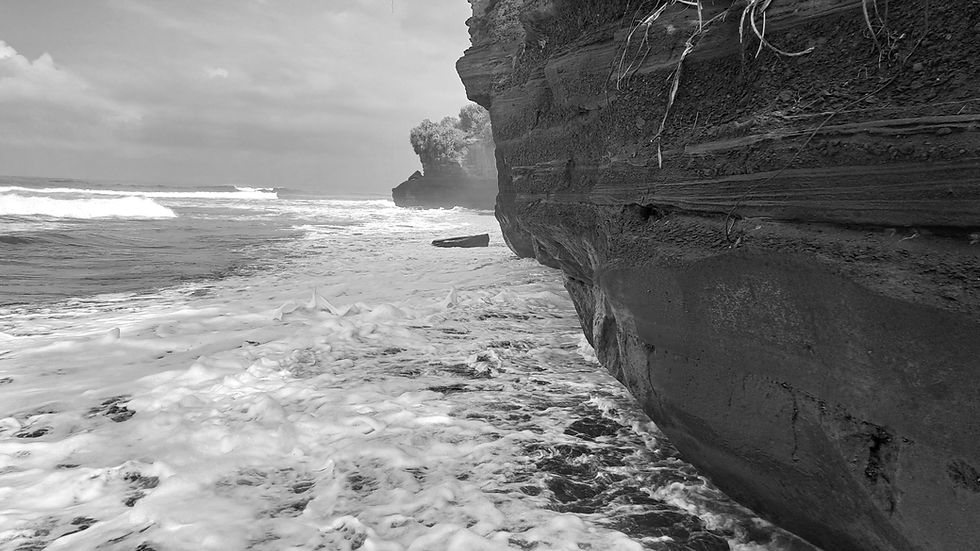the pathless land of truth
- hamid ebadi
- Sep 13, 2020
- 2 min read
This is what Jiddu Krishnamurti tried to explain from his earliest teachings in 1929 right until the end: " truth is a pathless land. " Revolt in the context of his thinking would mean rejection of the sacred texts as established purveyors of truth. Discover by yourself means to reject existing paths that claim to lead to the truth as truth is pathless. Pathless means there is no way of getting there.
There is no way of or path to getting there is perhaps the closest we could come to an expression of truth. No way to get there, no out there to seek and find out the truth means truth is not something outside of you. But that doesn't mean the truth can be located inside of us for that would still be placing it somewhere. This is a hint that could us helps understand him better when he says: " It is truth that liberates you, not your efforts to be free."
Truth is a living thing, nothing can lead to it for it is moving, only dead things have a goal to them that you can reach by following a track. He is calling for a revolt against the ossified revelations of the sacred texts that claim to enshrine truth for eternity.
It is also important to understand that whoever holds any claim of professing truth is necessarily trying to establish a power relation with others. Much of what we call spiritual authority is governed by this dynamic which is also something Krishnamurti repeatedly denounced:
" I am not establishing myself as an authority to tell you what to do because I do not believe in authority in spiritual matters. All authority is evil, and all sense of authority must cease, especially if we would find out what is God, what is truth, whether there is something beyond the mere measure of the mind. That is why it is very important for the individual to understand himself."
We must not forget that received authorities, including spiritual ones, need to be constantly questioned and challenged.
All authority may not be evil but one that resists and places itself beyond questioning certainly is. Questioning has always been an integral part of the Zen tradition and much of its lore consists of students confronting their teachers with questions.





Comments